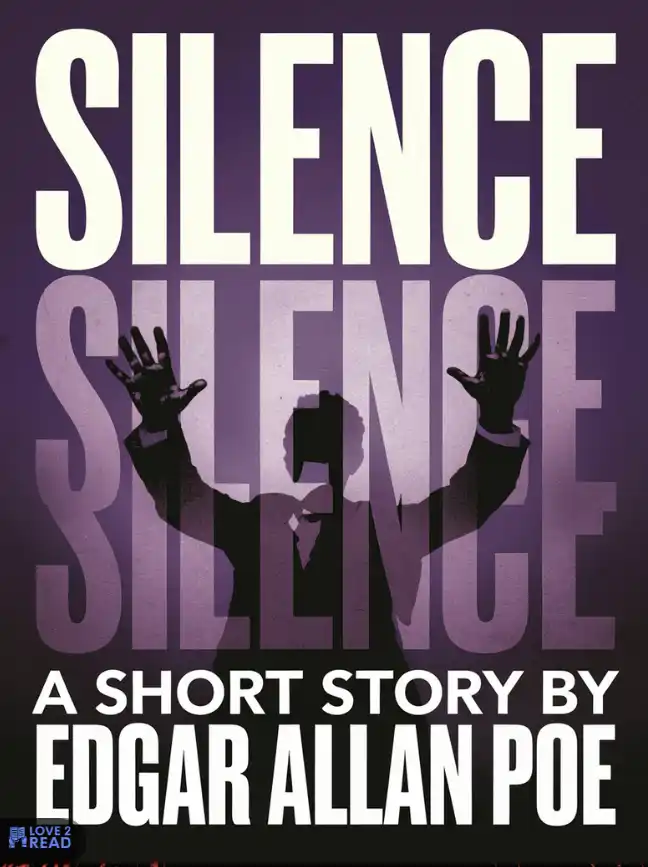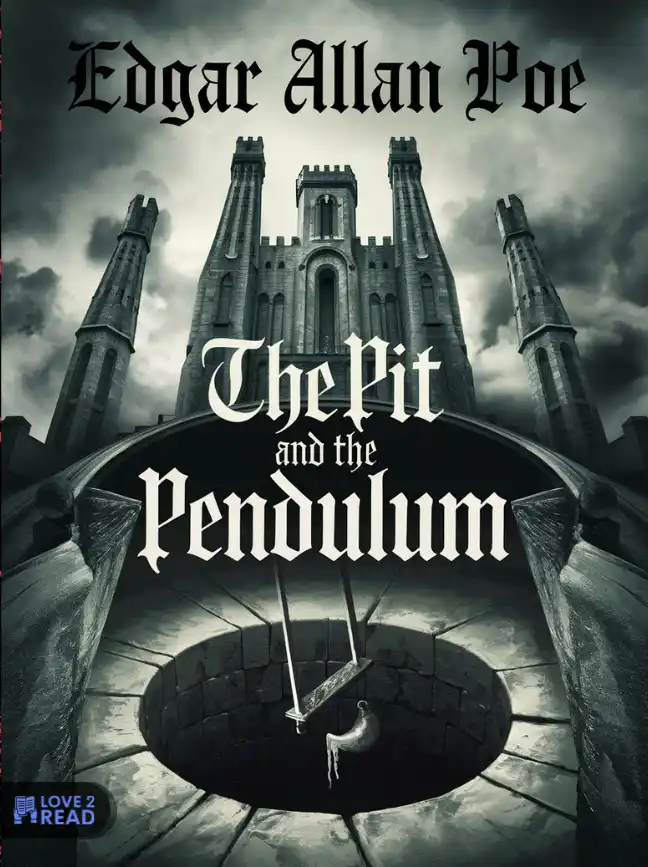(An apartment in the castle.)
THE KING, ROSENCRANTZ AND GUILDENSTERN enter .
KING.—He is displeasing to me; and besides, there is no safety for us in letting his madness wander. Prepare yourself then; I will dispatch your commission at once, and he will leave for England with you. The interests of our empire cannot endure these dangerous hazards, increasing hour by hour, which arise from his fits.
GUILDENSTERN.—We will prepare ourselves. It is very holy and religious the fear which is awakened to keep safe so many bodies which live and feed on Your Majesty.
ROSENCRANTZ.—The isolated and private life is subject to this duty of employing the whole strength and armor of the mind to preserve itself from all harm; but much more that soul to whose safety the lives of many others march and trust. The end of a majesty is not a single death; but, like a chasm, it carries with it all that is near it. It is an enormous wheel fixed on the summit of the highest mountain; in its vast spokes are set and engaged ten thousand tiny pieces; when it falls, every little accessory, puny consequence, follows it in its noisy ruin. Never go the sighs of the king alone, but always with a public groan.
KING.—Equip yourselves, I pray you, for this urgent journey; for we wish to put fetters on that fear which now walks with too free a foot.
ROSENCRANTZ AND GUILDENSTERN.—We will hasten.
(Rosencrantz and Guildenstern exit; Polonius enters.)
POLONIUS.—My lord, he is going to his mother’s closet: I will place myself behind the tapestry to hear the conversation. I warrant she will rebuke him without ceremony; but, as you said, and it was very wisely said, it is proper that some other audience than a mother (since nature makes mothers partial) should be there to witness their discourses on occasion. Farewell, my lord; I will come to you before you go to bed, and tell you what I shall have heard.
KING.—Thank you, my good lord. ( Exit Polonius. ) Oh! my crime is wild; its foul odor reaches to heaven. It bears with it the first, the oldest of curses: the murder of a brother!… Pray I cannot, though the inclination drives me as strongly as the will; my stronger fault overcomes my strong intention, and, like a man bound to a double task, I remain in suspense, knowing not where to begin, and neglect both. What? Even if this accursed hand were thicker with a brother’s blood than with his own flesh, is there not rain enough in the clement heavens to make it as white as snow? What good is mercy, but to stand against the face of sin? And what is there in prayer, if not this double force to hold us back before we come to fall, or to make us forgiven when we are down? I will then raise my eyes; my fault is past… But alas! what form of prayer can serve my cause?… Forgive me my infamous murder. This cannot be, since I am still in possession of those results for which I committed the murder… my crown, my own ambition, and my queen. Can one be forgiven and keep that which causes the offense? In the corrupt course of this world, the golden hand of crime can push aside justice, and often one has seen criminal profits themselves used to redeem themselves from the law; but it is not so up there. There, no subterfuge. There is exposed the action, in all the truth of its nature, and we are compelled to appear ourselves, before the uncovered brow of our faults and as if within reach of their teeth, and to bear witness!… What then? What remains for me? To try what repentance can do? And what can it not? What can it do, however, when one cannot repent? Oh! the miserable state! O conscience as black as death! O enmeshed soul, which, struggling to free itself, is only more engaged! Help me, O angels! Make an effort! Bend, stiff knees, and you, heart with fibers of steel, be tender like the nerves of the newborn child! Then all will be well.
(He moves away and kneels down.) (Hamlet enters.)
HAMLET.—Now I can do it, very fittingly; now he is at prayer; and now I will do it—and so he goes to heaven, and am I thus avenged? This must be examined. A villain kills my father, and for that, I, his only son, send the same villain straight to heaven! Ah! but that would be reward and profit, and not revenge. He surprised my father brutally, full of bread,27 when all his sins were fully bloomed and fresh as the month of May… And how his accounts balance, who knows but heaven? But, from our point of view and in our order of thoughts, the load is heavy for him. Shall I then be avenged by surprising him at the moment when he is purifying his soul, when he is ready and fitted for the journey? No. Halt there, my sword, and meditate a more horrible attack. When he is drunk, asleep, or in his rage, or in the incestuous pleasures of his bed; playing or swearing, or engaged in some action that has no scent of salvation; then strike him down, so that his heels kick towards heaven and his soul is as damned and as black as the hell where it is going.—My mother is waiting.—This cordial, you see, only prolongs your incurable days.
(He leaves.) (The king gets up and returns.)
THE KING.—My words fly away, my thoughts remain here below. Words without thoughts never go to heaven.
(He leaves.)
Note 27: (return) Biblical expression borrowed from Ezekiel, XVI, 49: “Behold! This has been the iniquity of Sodom, your sister: pride, fullness of bread, and soft idleness.”





